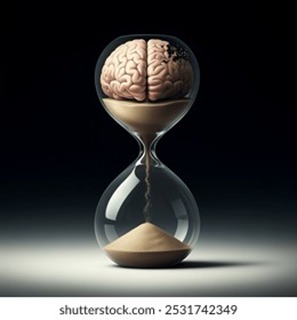Alzheimer's Disease: Unveiling the Mystery
Alzheimer's disease, a perplexing neurological condition, has a yet-to-be-fully-understood cause. Extensive research is ongoing to determine the origins of this ailment that affects millions of individuals worldwide, impacting their lives and those of their loved ones
Finding out the answer: "What are the 7 stages of Alzheimer's?"
Alzheimer's disease is a progressive neurological disorder that affects memory, thinking abilities, and behavior. As it advances, it manifests through distinct stages, each presenting specific symptoms and challenges. Understanding these stages is crucial for caregivers, families, and healthcare professionals to provide appropriate care and support to individuals affected by this devastating condition.
1. Stage 1: No Impairment
In the initial stage, there are no noticeable symptoms of Alzheimer's disease. The individual functions normally and shows no memory problems or cognitive decline.
2. Stage 2: Very Mild Decline
At this stage, minor memory issues may start to surface. These can be easily overlooked as typical signs of aging. Forgetfulness about names or where things are placed might occur occasionally.
3. Stage 3: Mild Decline
As Alzheimer's progresses, cognitive decline becomes more noticeable. Memory lapses, difficulty finding the right words, and losing personal belongings become apparent. Friends and family may start to notice changes in behavior or performance.
4. Stage 4: Moderate Decline
In this stage, clear cognitive decline is observed. The individual struggles with tasks like managing finances, recalling recent events, and organizing thoughts. Significant memory loss and difficulty with simple arithmetic may become evident.
5. Stage 5: Moderately Severe Decline
At this point, individuals need assistance with daily activities. They may experience confusion, forget their own personal history, and may not remember important details such as the current date or their address. Assistance with basic tasks like dressing and preparing meals becomes necessary.
6. Stage 6: Severe Decline
Individuals in this stage require constant supervision and assistance. They may lose awareness of their surroundings and the current situation, have difficulty remembering faces, and may show changes in sleep patterns. Behavioural issues can escalate, and personal hygiene may be neglected.
7. Stage 7: Very Severe Decline
This final stage is the most severe. Communication becomes extremely challenging, and individuals may lose the ability to speak coherently or understand language. Mobility is severely impaired, and they may require full assistance with all activities of daily living.
Cause: The Underlying Factors of Alzheimer's Disease
The exact cause of Alzheimer's disease is still under investigation. Current understanding points to a combination of genetic, environmental, and lifestyle factors that contribute to its development. Research focuses on unravelling the intricate interplay of these elements to comprehend the origins of this debilitating disease better
World Alzheimer's Day: Shining a Light on Awareness
World Alzheimer's Day serves as a global platform to emphasize the significance of understanding and addressing Alzheimer's disease. It raises awareness about the challenges faced by those with the condition and stresses the importance of supporting research and initiatives aimed at finding effective treatments and eventually a cure.
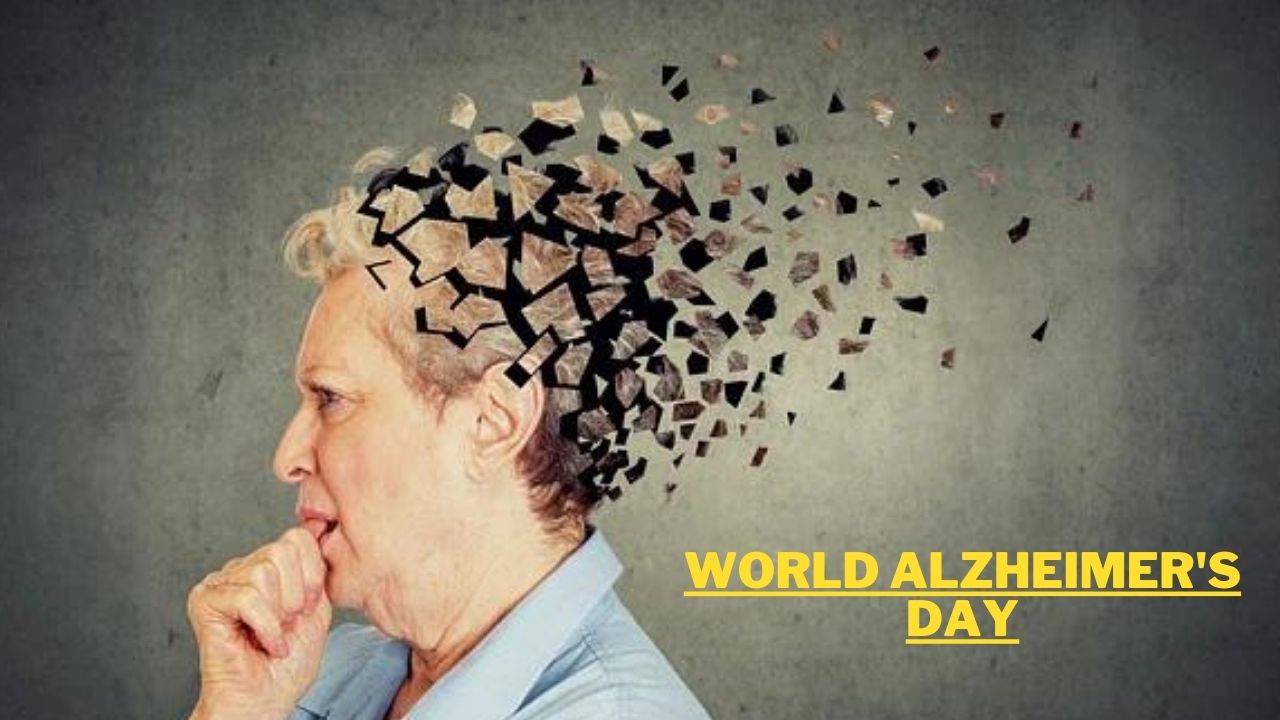
 On World Alzheimer's Day, let's delve into some statistics: Alzheimer's often strikes at 65 or later, but some get it in their 30s or 40s. People live around 8 years after they notice symptoms, but it's different for everyone.
On World Alzheimer's Day, let's delve into some statistics: Alzheimer's often strikes at 65 or later, but some get it in their 30s or 40s. People live around 8 years after they notice symptoms, but it's different for everyone.









.jpeg)

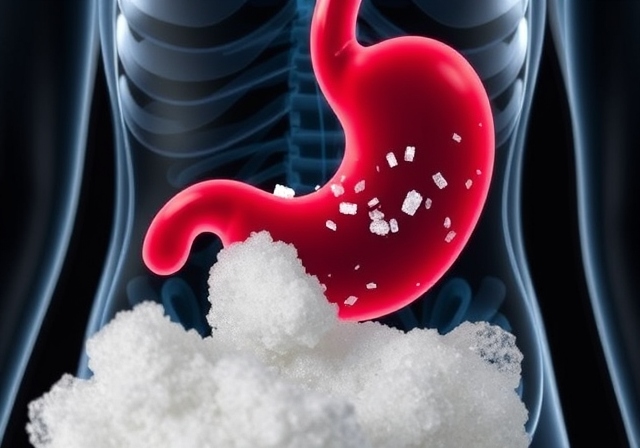
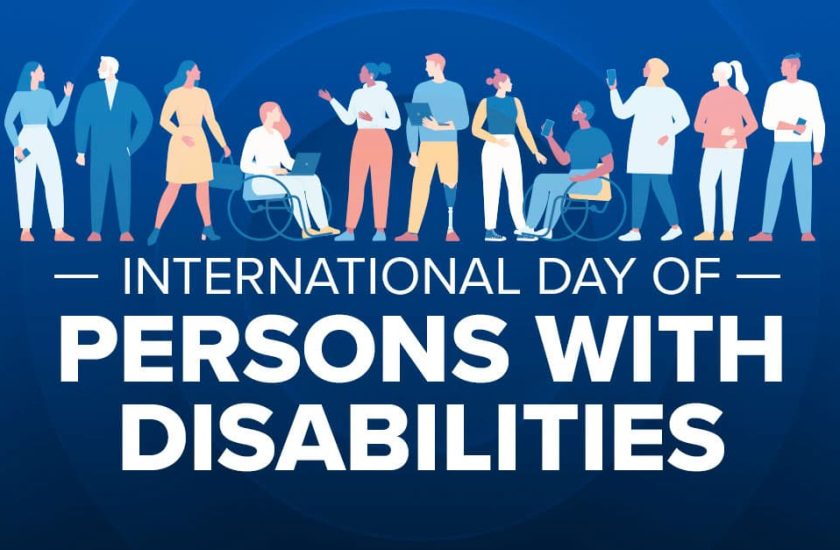
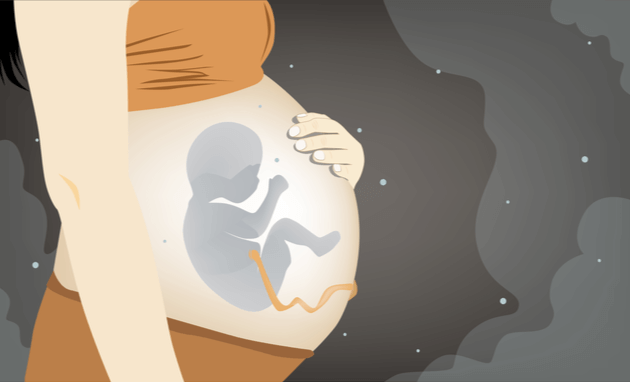


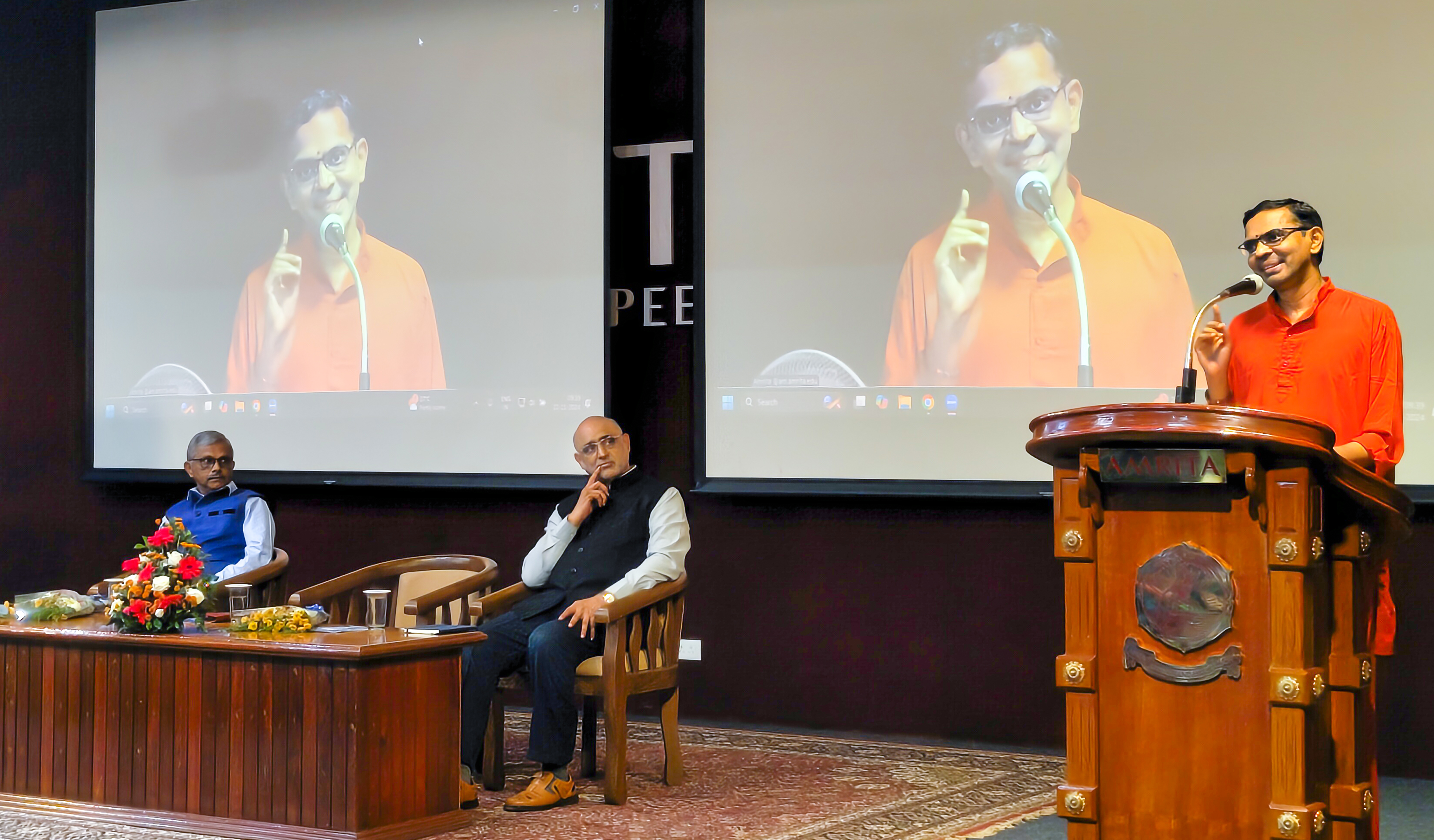
.jpg)
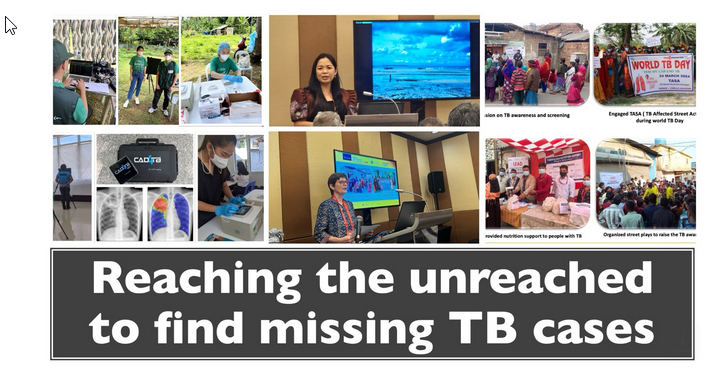



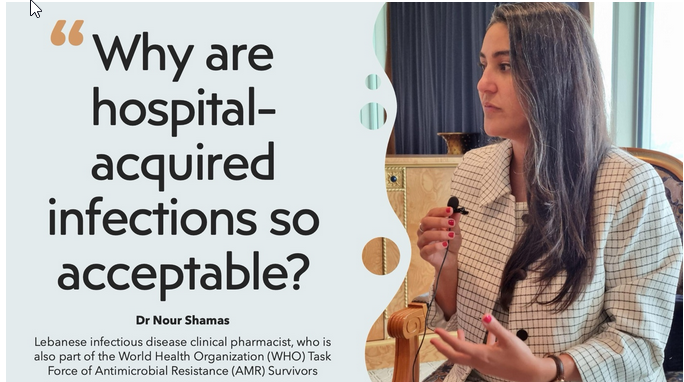
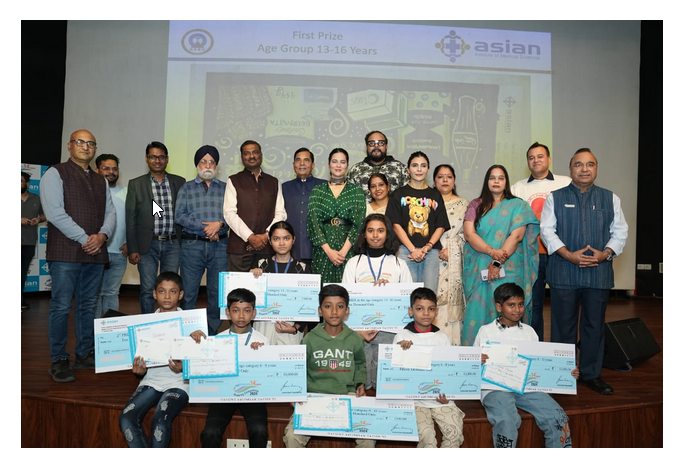

.jpg)
